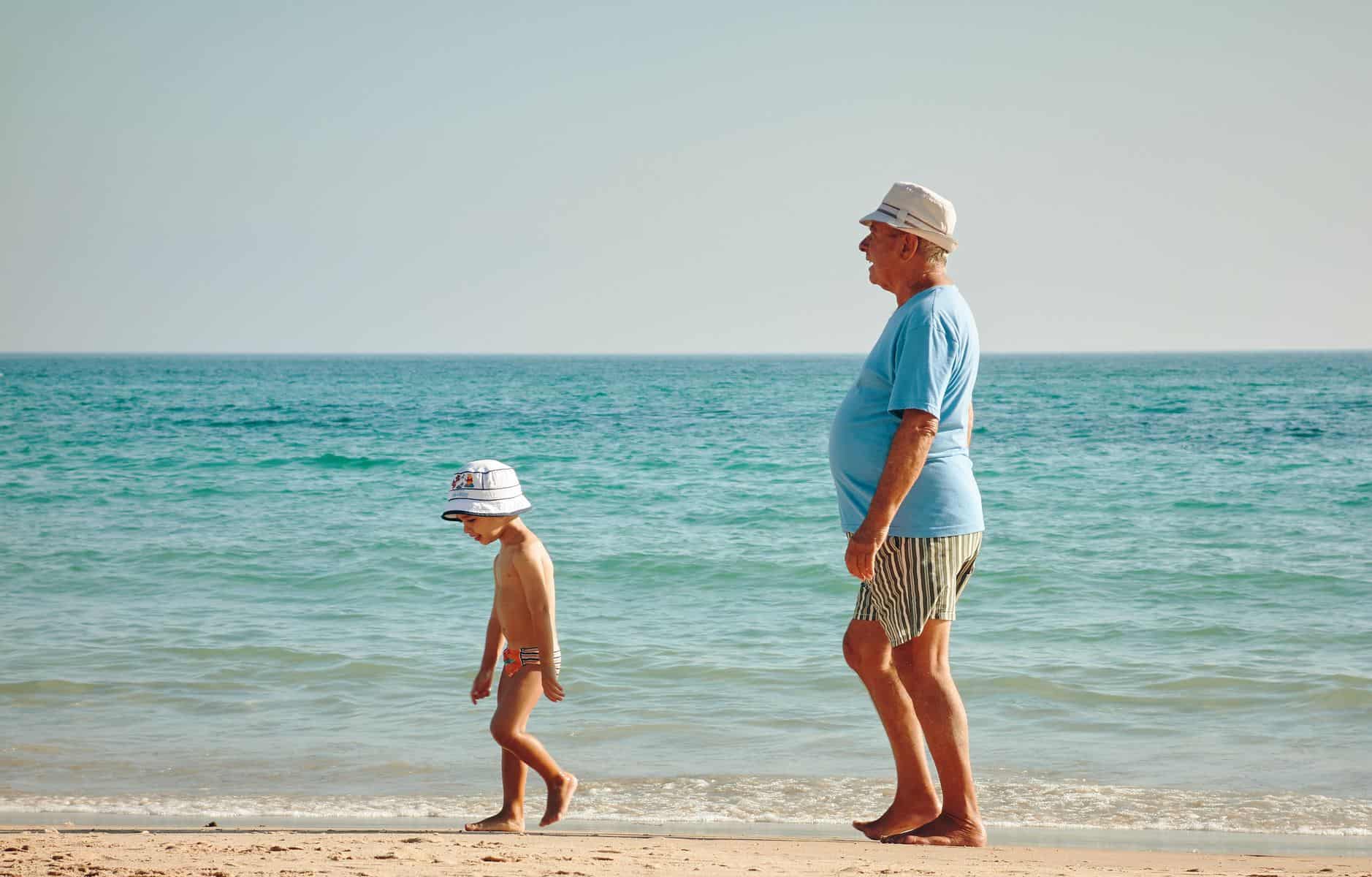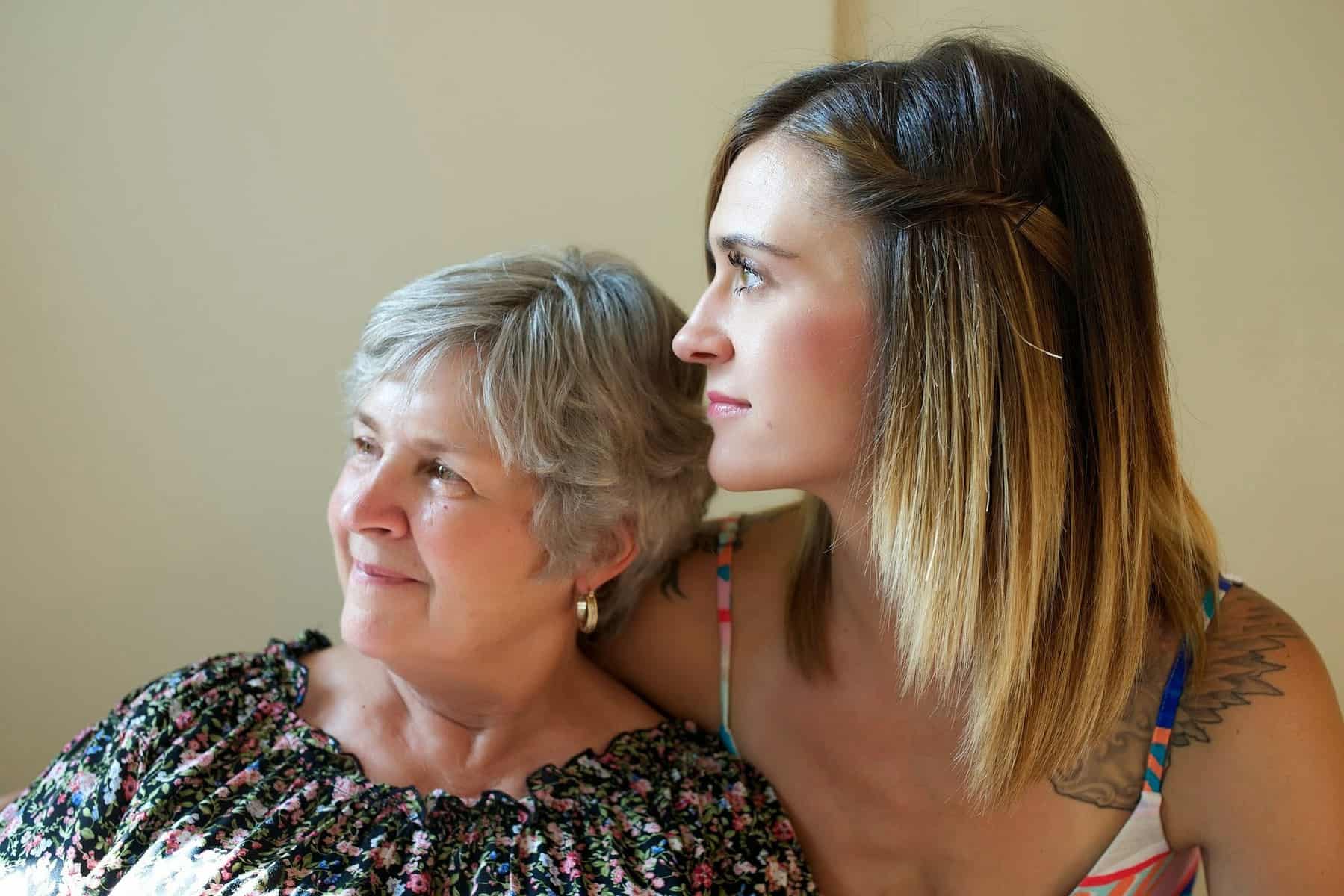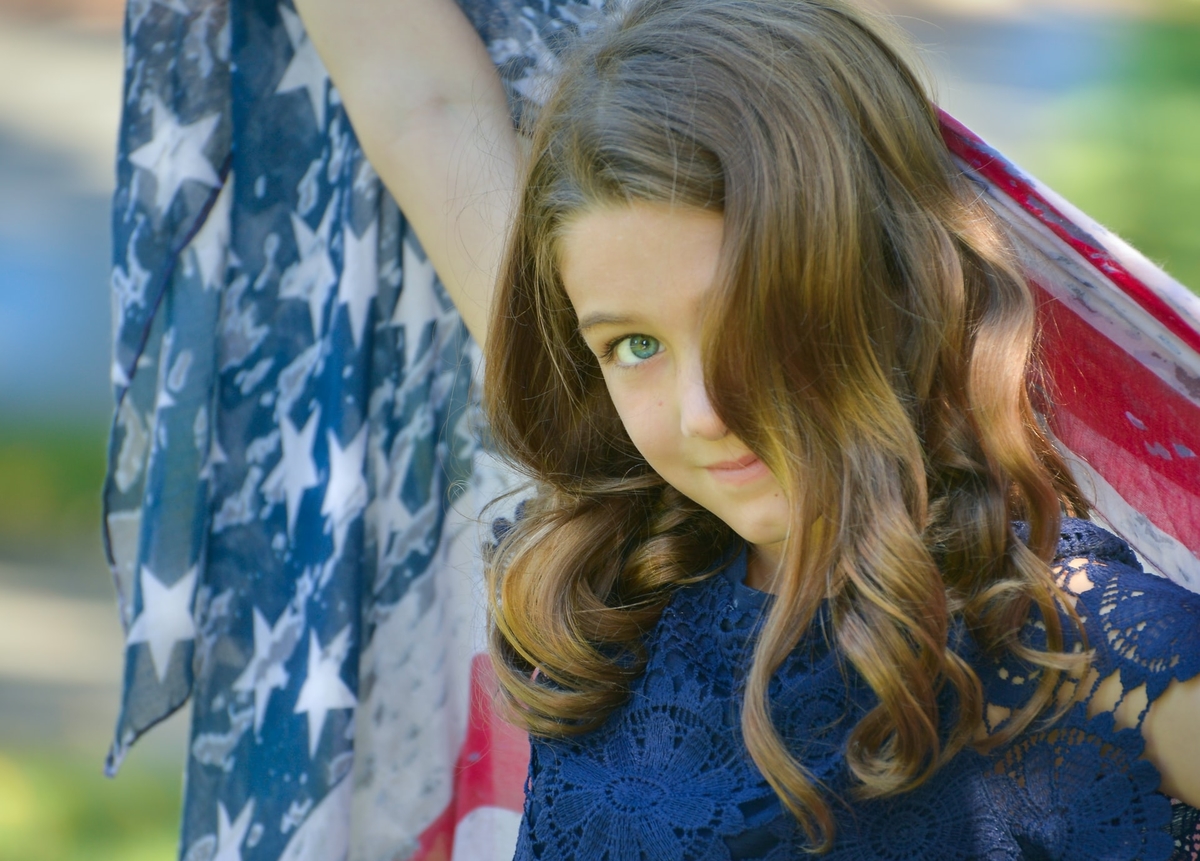It seems pretty unlikely that there are any parents out there who want to talk to their children about divorce. It’s an ugly, messy word that’s hard to explain, especially to children. When you think or hear about having to explain divorce to little ones, most often you probably think about parents having to explain their own divorce. What we don’t think about or prepare for is having to explain grandparent divorce to our children.

Between 1990 and 2015, the divorce rate doubled for people in the U.S. between the ages of 55 and 64, and tripled for people over the age of 65, according to Bowling Green’s National Center for Family and Marriage Research. That means more and more parents are having to talk to their children about divorce when it’s not their own, and whether or not they want to. On top of that, since you’re having to explain grandparents divorce to your children, you’re also having to deal with the divorce of your parents or your spouse’s parents. That’s a lot to process. To help with part of that burden, here are some suggestions for how to explain grandparents divorce to a child.
Talk to the Whole Family
Sit down with everyone in your immediate family (parents, children, and anyone else who lives under your roof) in a spot that’s comfortable and familiar to your kids. This way everyone feels relaxed and your kids are more likely to feel comfortable expressing themselves and asking questions. Chose a time when you have nothing planned afterward. You don’t want to feel like you need to hurry to get through the conversation.
Make sure you’re ready to talk. Immediately after you’ve found out that grandma and grandpa are getting a divorce is not the best time to talk it through with your children. Give yourself enough time to process what’s happening before you try to explain it to them. Also, give yourself enough time to gather information about what’s happening. Is this a final decision or are grandma and grandpa still discussing this as an option? What is their plan moving forward? You don’t want to walk into this conversation blindly, and the more you know, the more you can reassure your kids that things are going to be ok.
Be Honest and Direct
Don’t beat around the bush or sugar coat what’s happening. Give them some information to help explain what’s happening, but keep it short and simple. This explanation will look different depending on age but should include some variation of the following message: “Grandma and grandpa are getting divorced. After a lot of thought, they’ve decided that they don’t want to be married to each other anymore. This means they aren’t going to live together anymore. It was their decision and doesn’t have to do with anyone else – you, or me, or anyone. They still love us very much, and we’ll still see them, but things will be different.”
If you know the basic plan for what’s going to happen – if they’ll be selling their house and both moving, if one grandparent will be moving out, etc. – tell them. Make sure you’re not over explaining. What you think your children want to know may not be at all what they’re wondering or worried about, so let them guide some of the discussion. Be honest when you don’t know the answer to something. If they ask where everyone will live or if they’ll do all the same things with grandma and grandpa that they do now, and you don’t have the answers to those questions yet, tell them that. It’s ok to say you aren’t sure right now, but that all of those things will be figured out.
Give Them Some Time to Process
Your kids might seem fine at first, or they might be really upset. They might ask a million questions, or they might ask one. Let them react however they need to react. And be prepared for their reaction to change over time. A child who doesn’t seem upset now might be really upset and start crying at bedtime or after they’ve had a day or two to think about things. Answer questions as they have them. Reassure them that things will be okay, that their grandparents (and you!) love them, and that you’ll get through this together. You’re likely to answer a variety of questions over the next several days and weeks as your child thinks of them. Continue to be honest and answer the questions you can.
Some kids will be scared that they’ll never be able to do things with both grandma and grandpa together again, or that you will never all be together at the same time again. If possible, have grandma and grandpa over for a visit together a week or two after you’ve explained what’s happening and after everyone has had some time to process the news. If grandma and grandpa aren’t in a place where they feel like they can comfortably do this, have them over separately to show your kids that they’ll continue to see both grandma and grandpa, even if it’s not together for the time being.
Their Feelings are Normal
Make sure your children know that however they’re feeling is normal. It’s ok to feel sad, angry, or worried. Ask them how they’re feeling after you’ve given them the news and answered their questions. Reassure them that however they feel is okay. Make sure to check in the next day and every few days after that. Keep asking them how they’re feeling. Ask how they feel about things changing. Ask if they’re worried about anything or if they have any questions. You don’t want to pressure them into sharing their feelings when they don’t want to, but you should ask frequently enough that they feel like they can talk to you if they need or want to talk.
If you or your spouse gets upset when you’re talking to your kids about their grandparent’s divorce, it’s okay. Continue to be honest. Tell them that you’re sad or upset because things will be changing, but that it’s okay and normal to feel this way when things change. Use this as an opportunity, especially with older children, to talk together about your feelings. If you’re open and honest with how you feel, they’re more likely to follow suit.
Reassure Your Kids

Over the coming days, reassure your kids. Let them know that grandma and grandpa will get through this and be ok. Let them know that you’ll be there to help them through whatever happens. Divorce means huge changes for kids. And for some, dealing with grandparents divorce is the biggest change they’ve had to face so far in their lives. What’s harder for parents is the fact that you’re not just dealing with your children’s grandparents getting divorced, you’re also dealing with your parents getting divorced. It’s not an easy time for anyone. Make sure you have a support system in place for yourself. Be honest about how you feel. Keep communication open. And above all, continue to reassure your kids that they’re loved and that everything is going to be okay. You can get through this.
[td_smart_list_end]
If your family needs additional help, family therapy may be a good option. For more information, check out Family Therapy: The Benefits and Reasons to Consider.

Source: Age Variation in the Divorce Rate, 1990 & 2015
Picture Credit: Unsplash, Pixabay








































